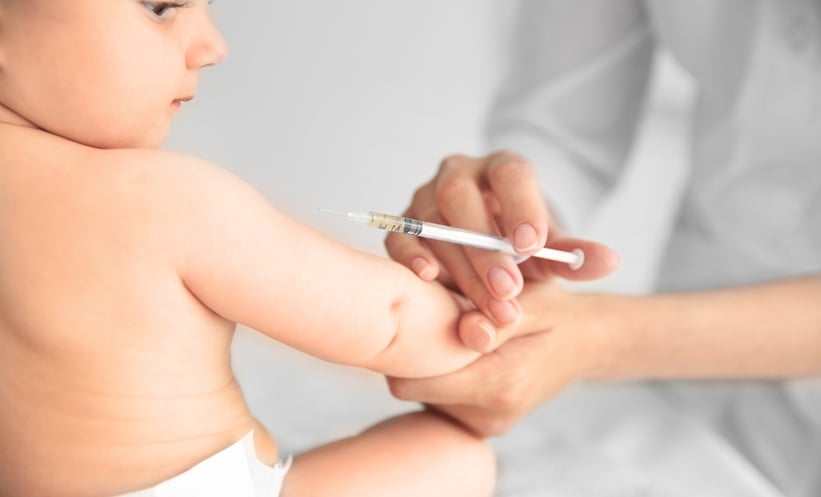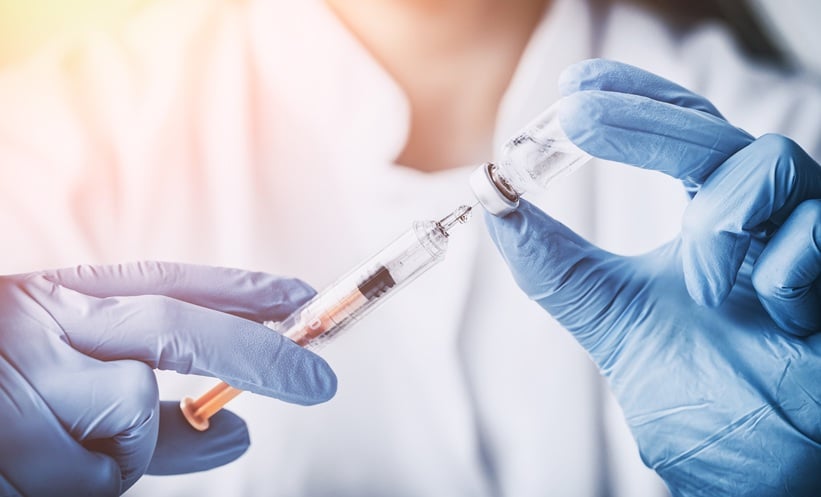RSV Immunization in Infants Safe and Effective After Birth
RSV immunization in infants is safe and produces high antibody levels, regardless of whether mothers received vaccination during pregnancy, according to new research presented at IDWeek 2025.
Evaluating Immunization Approaches in Mothers and Infants
The study included 181 mother–infant pairs across eight U.S. sites, divided into four groups to compare timing and combinations of RSV vaccination. Groups included maternal vaccination only, maternal vaccination with infant immunization immediately after birth, maternal vaccination with infant immunization at three months, and infant immunization alone after birth.
All four approaches were well tolerated, with no serious adverse effects observed in mothers or infants. Researchers measured immune responses through antibody levels and found that all groups demonstrated high antibody concentrations at three months of age.
Safety and Immune Protection Confirmed
“These findings reassure new parents that all methods of RSV immunization are safe and provide high antibody levels to infants,” said lead investigator Christina A. Rostad, from the Emory Children’s Center Vaccine Research Clinic. “This is especially important as the U.S. enters peak respiratory virus season.”
The results reinforce the established safety of maternal RSV vaccination and extend that evidence to infants receiving immunization after birth, even when their mothers were vaccinated during pregnancy.
Long-Term Immune Durability Under Study
While the interim results confirm strong protection through early infancy, ongoing follow-up will assess immune durability for up to one year in mothers and infants, including antibody presence in breast milk.
RSV remains the leading cause of hospitalization in children under one year, primarily due to lower respiratory tract infections such as bronchiolitis and pneumonia. Current recommendations support maternal vaccination between 32–36 weeks of pregnancy and infant immunization for those under eight months without prior maternal protection. These findings provide reassurance in cases where infants may receive both products for enhanced coverage during their first RSV season.
Reference: Rostad CA et al. RSV Immunization in Infants Is Safe and Provides High Antibody Levels Regardless of Mother’s Vaccination Status. Abstract presented at IDWeek, 15–19 October, 2025.








